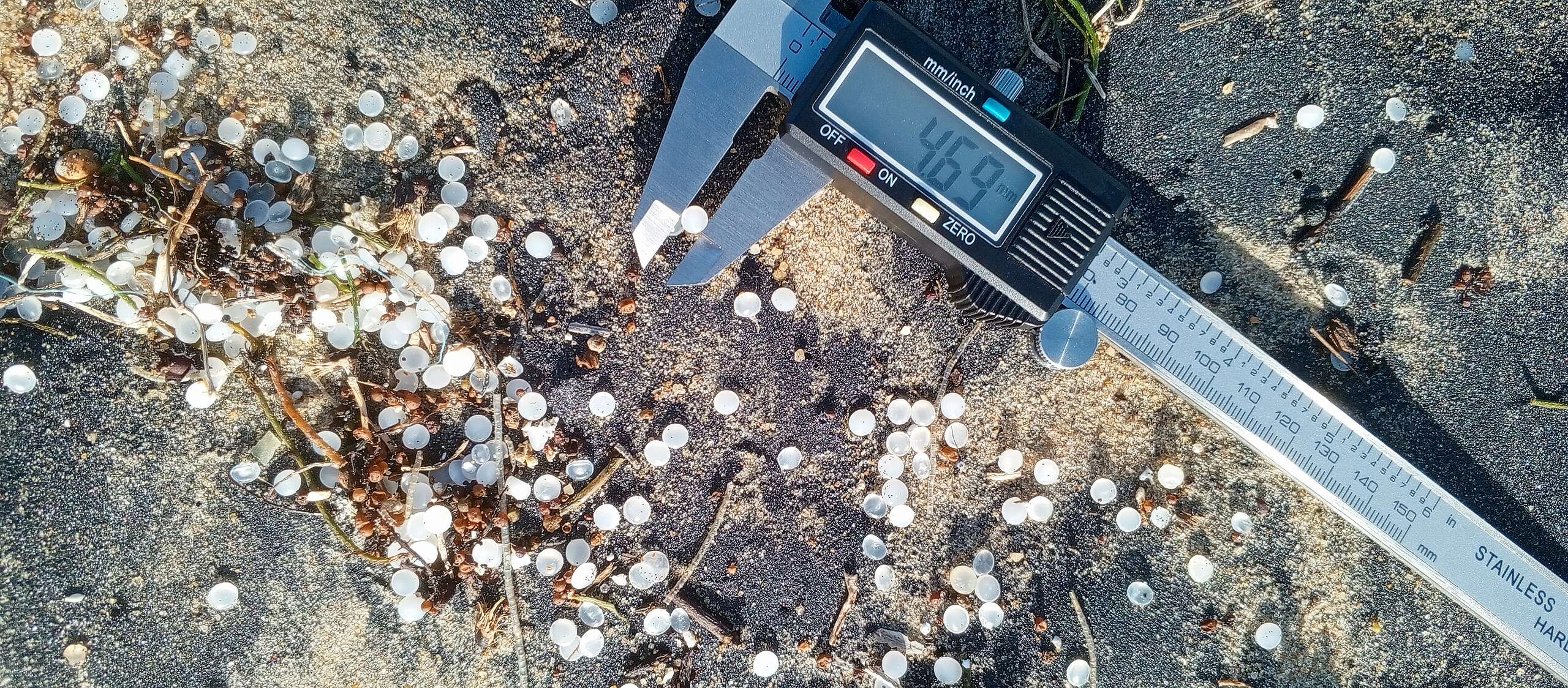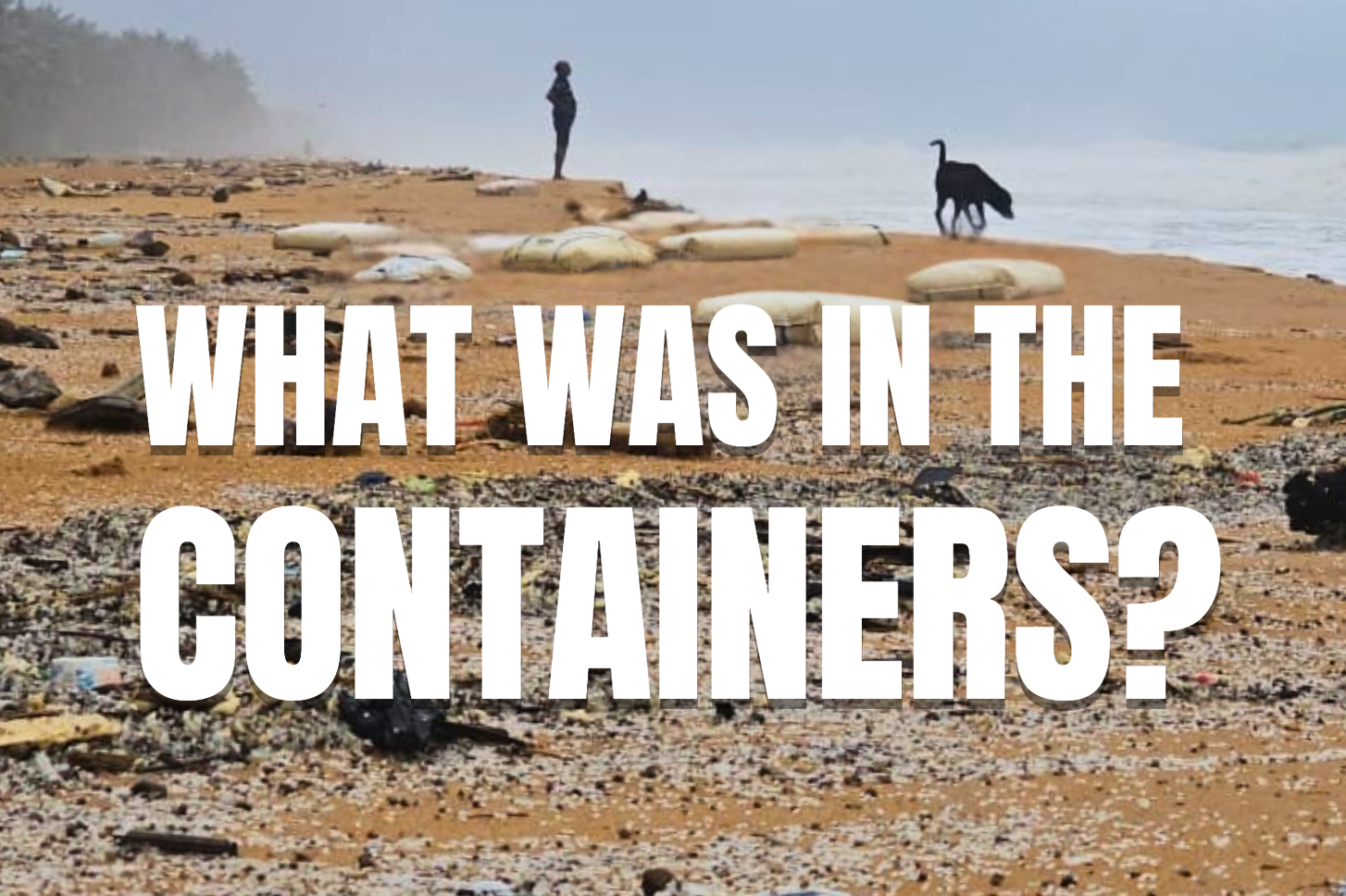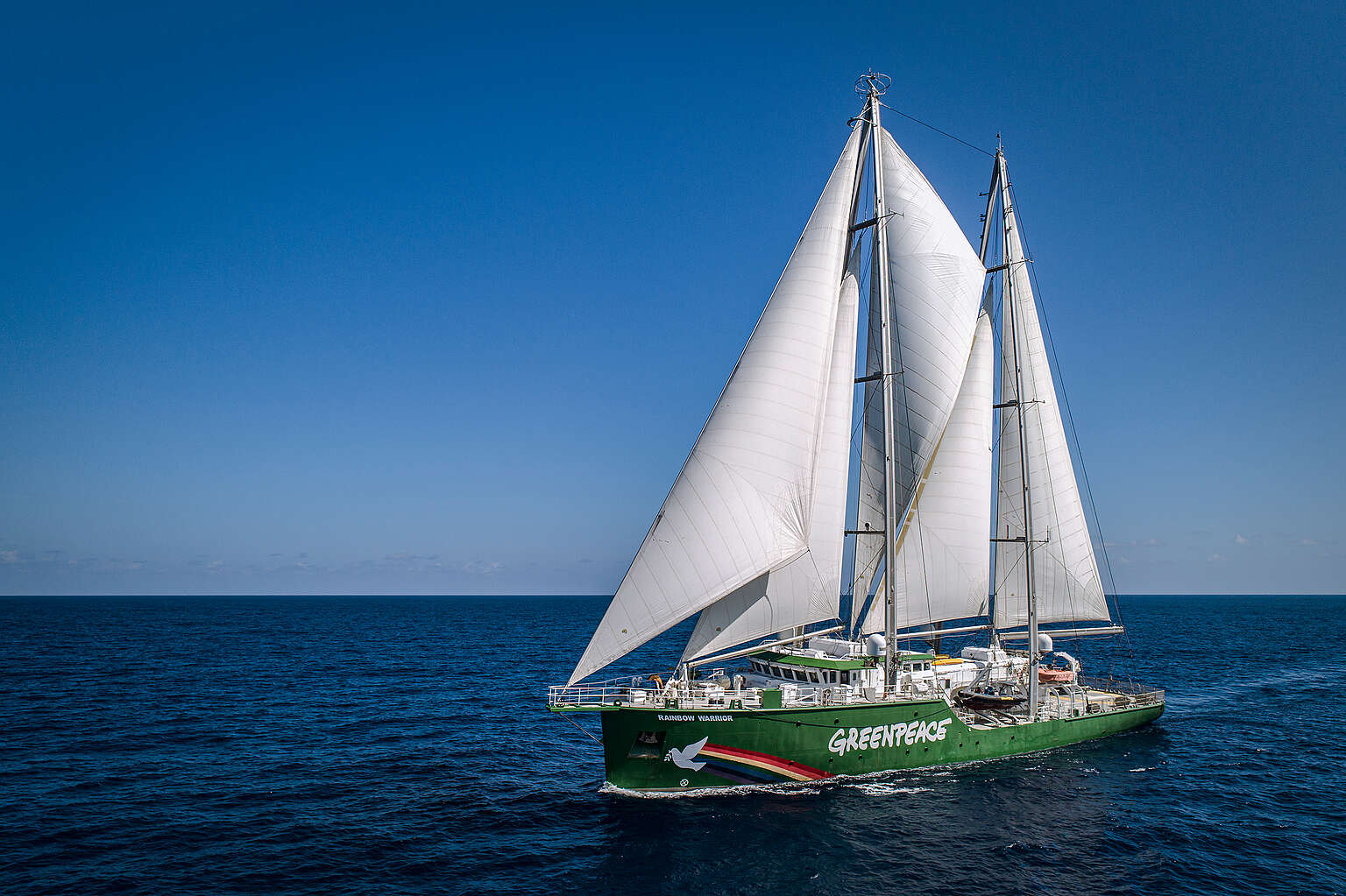28th Feb 2023, Delhi: The week as world leaders decide the fate of ocean conservation at the United Nations for a binding Global Ocean Treaty, Greenpeace India sent a letter to the Minister of Earth Sciences, Dr Jitendra Singh, urging him and his delegation to display a sense of urgency to see through the ongoing negotiations for a more impactful outcome that will protect the oceans.
In 2021, India had committed to conserving and protecting at least 30% of the world’s oceans by 2030 (30×30). This makes the passage of the Global Ocean treaty paramount. Over two-thirds of the world’s oceans lie outside national borders, on high seas, which are governed by fragmented and inconsistent laws. The treaty aims at producing a unified agreement for the conservation and sustainable use of this vast marine ecosystem by establishing a network of high seas ocean sanctuaries. Thereby providing a platform for governments to work together.
Yet five rounds of negotiations have failed and this final round too unfortunately seems to have run into muddy waters. Some of the key outstanding issues remain:
- Operationalizing the mechanism on accessing and sharing of benefits from marine genetic resources and monetary benefits.
- The financial mechanism to support effective and equitable implementation of the Treaty
- The efficacy of the treaty in creating effectively managed marine protected areas (MPAs) without deferring to existing organizations
- Decision making modalities, including the possibility for Parties to “opt out” from Marine Protected Area obligations
- Ensure global minimum standards that bring forward moder best practices for conducting environmental impact assessments
Avinash Chanchal, Campaign Manager, Greenpeace India says, “Our oceans are facing immense threat from climate change, pollution and overfishing. The Global Ocean Treaty would be the biggest conservation effort in history. Bold efforts like placing a cap on fishing, limiting shipping routes and also limiting the scope of deep-sea mining would be a step in the right direction, and it’s well within our grasp. But it requires the Indian Government to step up diplomatic efforts and fight for ocean protection, by championing the conclusion of a strong, fair and equitable agreement, capable of protecting at least 30% of the oceans by 2030.”
The Global Ocean Treaty is an important step in addressing the global challenges of climate change, ocean acidification, and overfishing. It will provide a platform for governments to work together to reduce emissions, protect marine habitats, and promote sustainable fishing practices. It will also provide a framework for the development of new technologies and approaches to ocean conservation.
Saswati S, National Coordinator of the Mineral Inheritors Rights Association said, “India has a huge opportunity to demonstrate leadership by supporting the BBNJ Treaty and halting the exploration and exploitation of the deep seabeds. Taking this moral, ethical and fair step will ensure protection of our shared ocean resources and fulfillment of our duties towards our future generations. Deep-Sea Mining poses one of the greatest threats to biodiversity, climate, ocean dependent communities and the future generations. India must step up and join other countries in calling for a moratorium on deep-sea mining. It is not worth taking the risk to disturb the earth’s biggest carbon sink.”
A failure to secure this treaty could potentially have catastrophic implications for large sections of the world’s coastal communities and a terribly missed opportunity in taking a step in the right direction.




Discussion
Indeed a great work done by India committed to conserving and protecting at least 30% of the world’s oceans by 2030 .